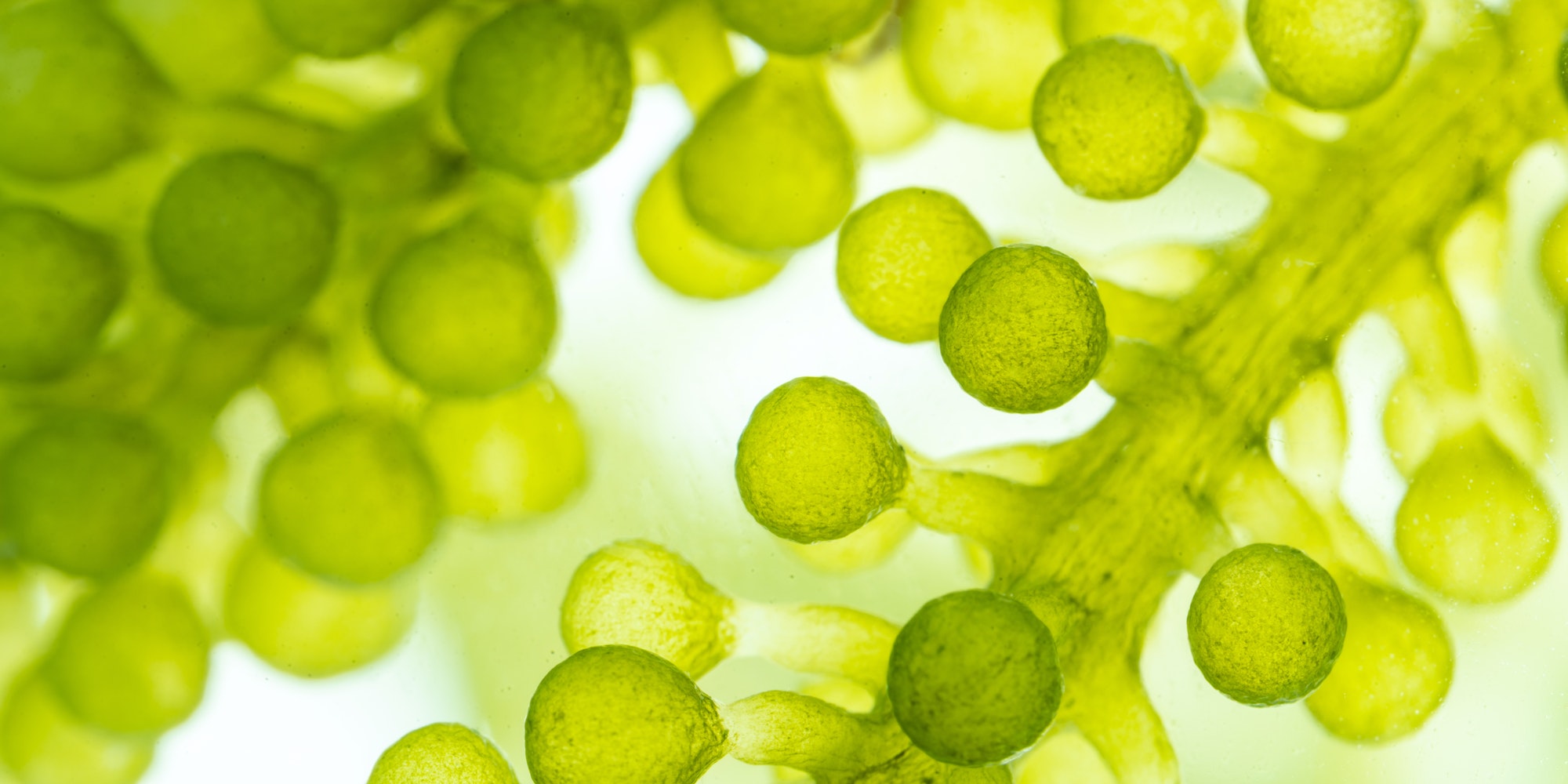Marine algae hold immense potential for various commercial applications, including biofuels, pharmaceuticals, nutraceuticals, and cosmeceuticals. As the demand for these products increases, there is an urgent need to scale up production. However, scaling up presents several challenges that need to be addressed to ensure sustainable and efficient use of marine algae resources.
One of the primary challenges in scaling up marine algae production is selecting the most suitable species for cultivation. There are over 70,000 known species of marine algae, each with its unique properties and growth requirements. Researchers must identify those with the highest potential for commercial applications while also considering their ease of cultivation and environmental impact. This requires extensive research into the biochemical composition, growth rates, and environmental tolerances of various algae species.
Another challenge lies in optimizing cultivation techniques to maximize biomass production and minimize costs. Traditional open pond systems have been widely used for growing marine algae but can be affected by contamination, evaporation, and unpredictable weather conditions. To overcome these issues, researchers are exploring advanced closed photobioreactors that provide a controlled environment for optimal algae growth. These systems offer the advantage of higher biomass productivity and reduced water use, but they can be costly to set up and maintain.
To improve the efficiency of cultivation systems further, researchers are also investigating ways to enhance photosynthetic efficiency and nutrient uptake in marine algae. Genetic engineering techniques can help increase biomass productivity by introducing genes that optimize light utilization or improve stress tolerance. Additionally, integrating wastewater treatment with algae cultivation can provide a sustainable source of nutrients while also reducing environmental pollution.
Harvesting and processing marine algae biomass is another area where innovations are needed to scale up production. Conventional methods like centrifugation and filtration are energy-intensive and can be expensive when dealing with large volumes of biomass. Researchers are exploring alternative techniques such as flocculation, sedimentation, and flotation that offer lower energy consumption and higher efficiency. Moreover, developing efficient downstream processing methods to extract valuable compounds from marine algae is crucial to maximize their commercial potential.
The commercialization of marine algae products also faces market-related challenges. The price of algae-derived products must be competitive with existing alternatives to gain consumer acceptance and drive market growth. Therefore, reducing production costs through technological advancements and economies of scale is essential for the successful commercialization of marine algae products.
Furthermore, regulatory frameworks governing the cultivation, harvesting, and processing of marine algae need to be established to ensure sustainable and responsible use of these resources. This includes addressing concerns related to the introduction of non-native species, genetic engineering, and the potential impact on local ecosystems.
Collaboration between researchers, industry, and policymakers is vital to overcome these challenges and unlock the full potential of marine algae for commercial applications. Continued investment in research and development is necessary to advance our understanding of marine algae biology and develop innovative technologies for their cultivation, harvesting, and processing.
In conclusion, marine algae offer a vast array of opportunities for commercial applications across various sectors. However, scaling up production requires addressing several challenges related to species selection, cultivation techniques, harvesting and processing methods, market competitiveness, and regulatory frameworks. By overcoming these challenges through research, innovation, and collaboration, marine algae can play a significant role in meeting the growing demand for sustainable bio-based products.

